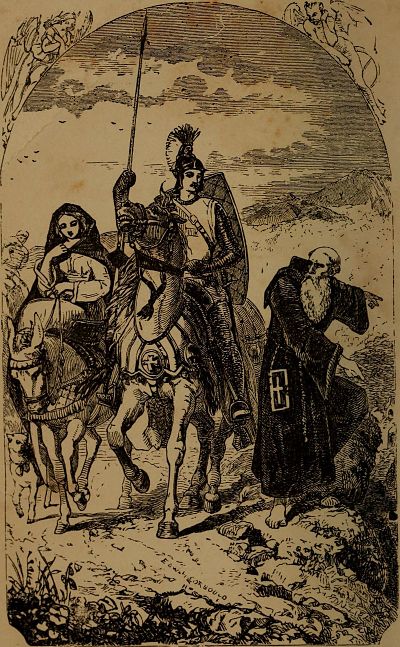 Ignorance of Protestantism is vast and ugly assumptions common. Even amongst Protestant evangelicals, one can meet an almost apologetic tone when it comes to Evangelical culture. This is quite unnecessary. The bombastic televangelist or the slick grifter mega-church pastor is not the heart of cultural Protestantism, just an American outlier.
Ignorance of Protestantism is vast and ugly assumptions common. Even amongst Protestant evangelicals, one can meet an almost apologetic tone when it comes to Evangelical culture. This is quite unnecessary. The bombastic televangelist or the slick grifter mega-church pastor is not the heart of cultural Protestantism, just an American outlier.
As a non-Protestant evangelical, when I think of Protestantism, my first thought is a phrase drawn from a description of some college buildings:
The buildings to your left and right were seventeenth-century work: humble, almost domestic in character, with dormer windows, mossy and gray-tiled. You were in a sweet, Protestant world. You found yourself, perhaps, thinking of Bunyan or of Walton’s Lives.*
I have lived in that world: mapping out the Pilgrim’s Progress on a grocery bag I opened up to get a big enough piece of paper, luxuriating for an entire weekend in the Narnia books, and killing dragons with the Red Cross Knight.
If someone tells you Protestantism kills poetry, hand them Spenser.
And on his brest a bloudie Crosse he bore, The deare remembrance of his dying Lord, For whose sweete sake that glorious badge he wore, And dead as living ever him ador’d: Upon his shield the like was also scor’d, For soveraine hope,° which in his helpe he had: Right faithfull true he was in deede and word, But of his cheere did seeme too solemne sad; Yet nothing did he dread, but ever was ydrad.
This is a high, sweet, Protestant world infused with faerie, the mythical Christian place where our imaginative creations live. Theologians must deal with the distinctions that divide those who love Jesus, but my life has been blessed by an ability to work with many different Christ followers.
When Copts are martyred, we do not ask their views regarding the nature of Christ. When the Orthodox died in their millions under atheist regimes, American Baptists supported us. There are real differences that must be discussed and that do divide us, but there are also commonalities that unite those that believe the Creed and who practice traditional Christian ethics.
We are not one, but we are related.
So it is with those of us outside the sweet Protestant world. I am not sure that such a world will survive the next century, but if so, that will be sad. There was and is a great artistic, theological, and cultural splendor in that sweet Protestant world: Bach, Rembrandt, and Milton.
Too many Protestants have embraced modernity in sexual ethics and vacuity in theology to have much hope for the future. Yet I know enough counter-cultural types to have hope that this stream of Christendom is not yet done. Sweet Protestantism does not have to succumb to the racism of Bishop Spong on the left or the harsh fundamentalism of Ken Ham on the right. My friends and colleagues at Biola University, see Torrey Honors, are a sweet place, a chivalric place.
There is hope. Read and understand:
Nought is there vnder heau’ns wide hollownesse, That moues more deare compassion of mind, Then beautie brought t’vnworthy wretchednesse Through enuies snares or fortunes freakes vnkind: I, whether lately through her brightnesse blind, Or through alleageance and fast fealtie, Which I do owe vnto all woman kind, Feele my heart perst with so great agonie, When such I see, that all for pittie I could die. (p. 67).
——————————-
*Lewis, C. S. (2012-04-03). That Hideous Strength: (Space Trilogy, Book Three) (Kindle Locations 219-221). HarperCollins. Kindle Edition.
Based on a lecture given at The College at The Saint Constantine School.
















